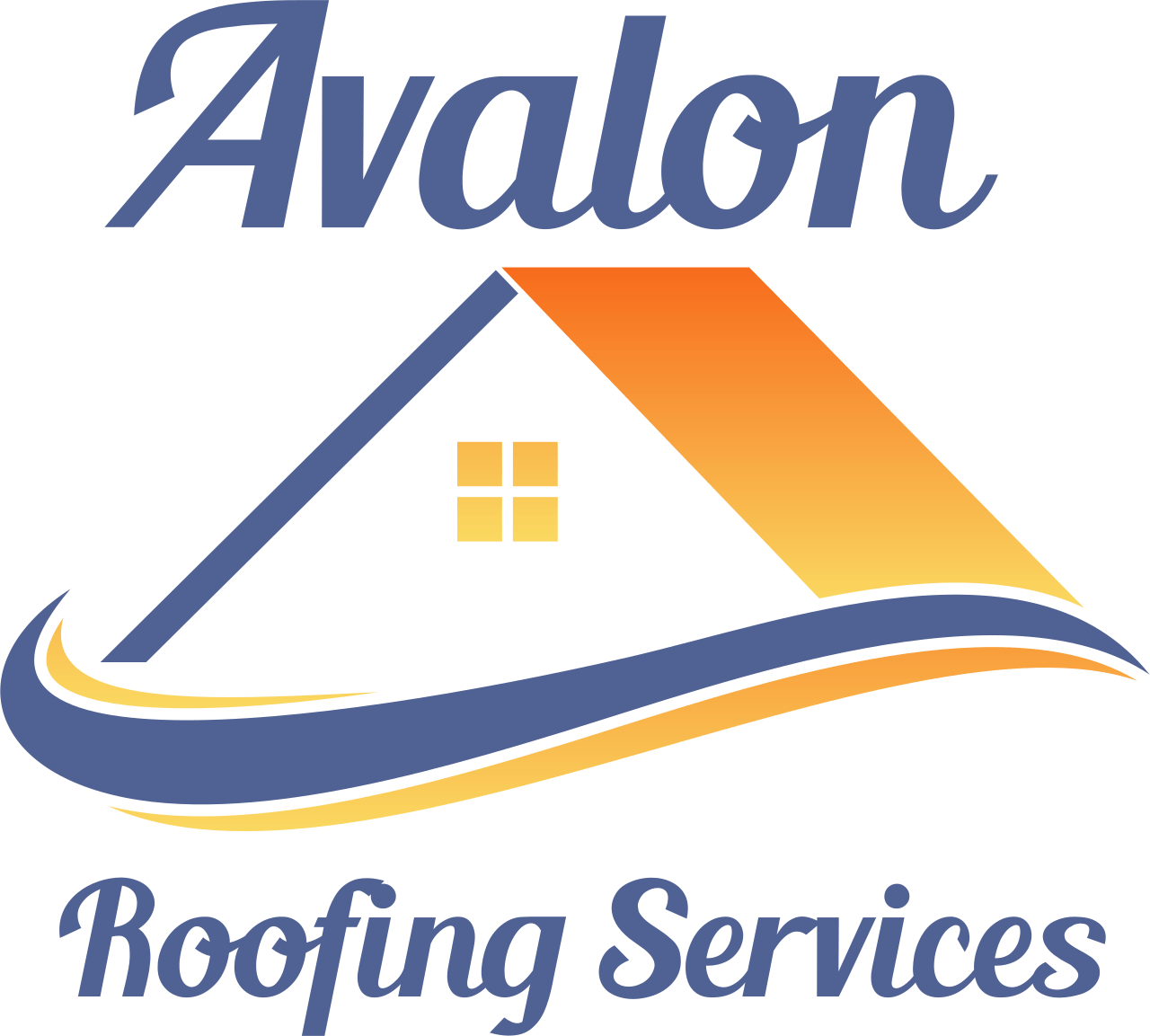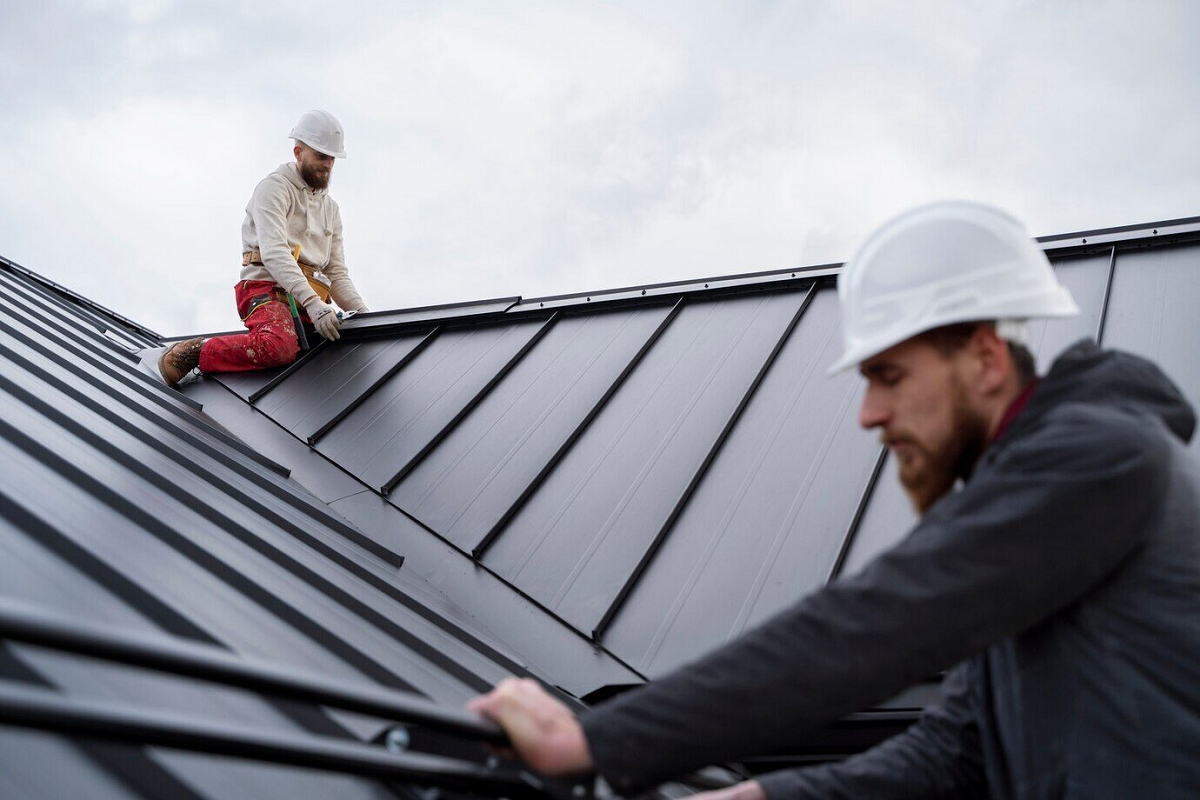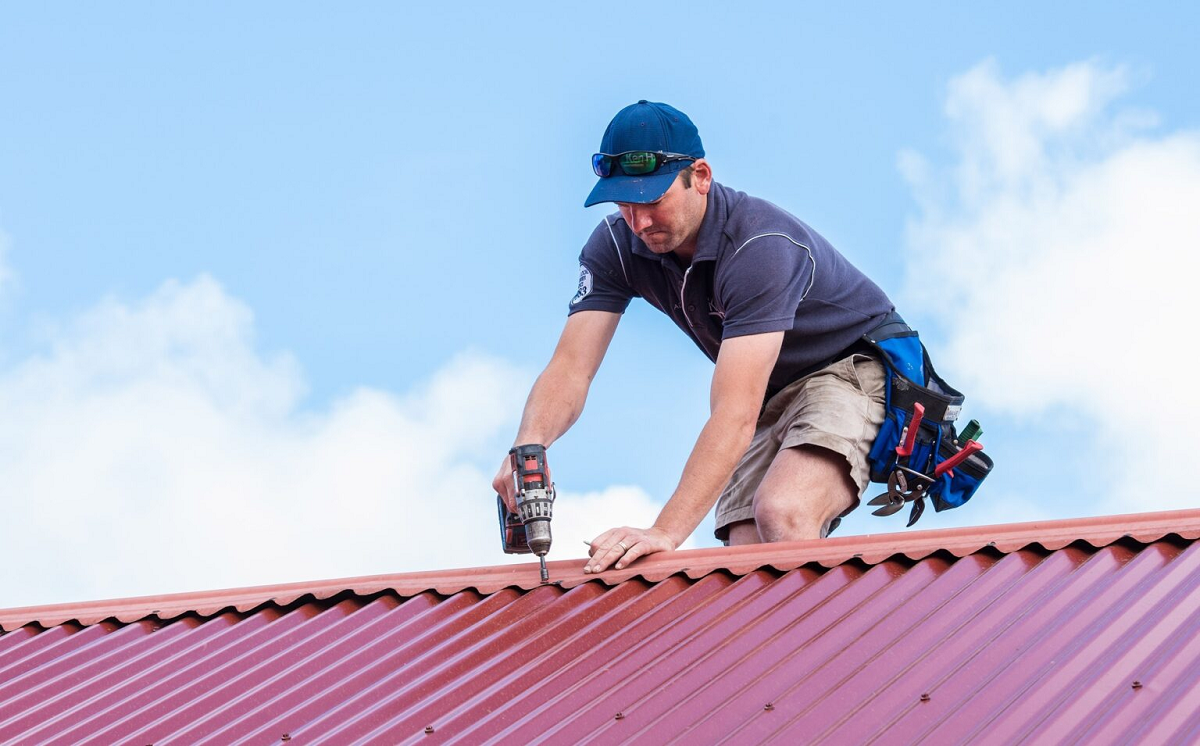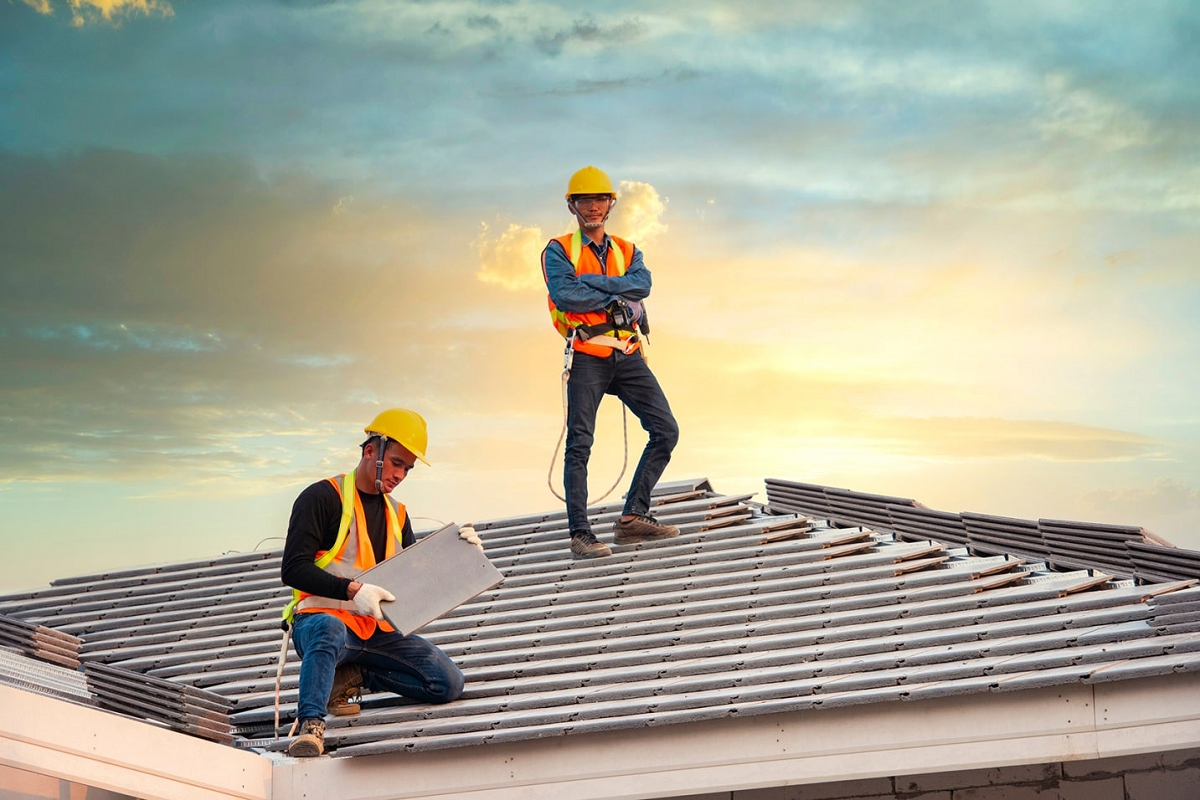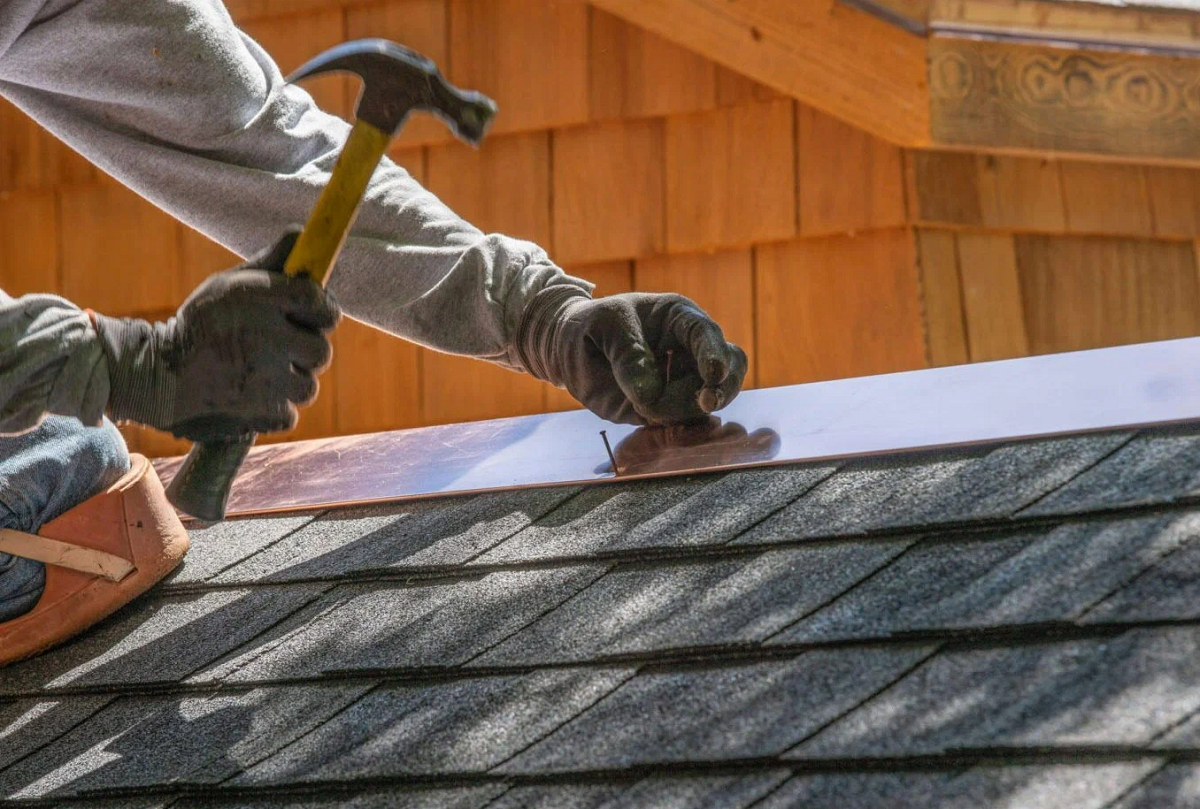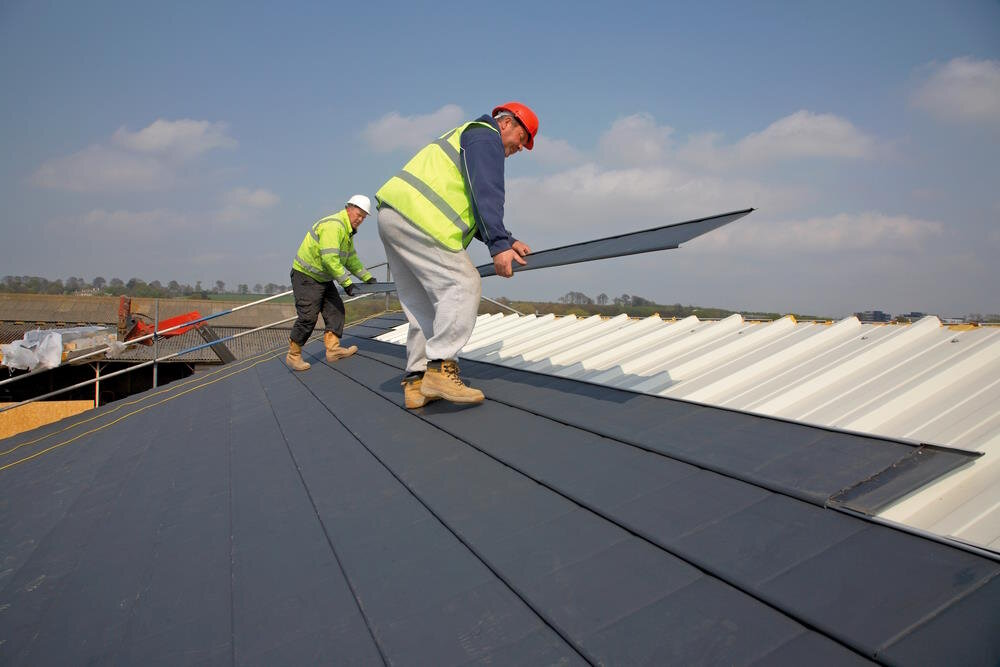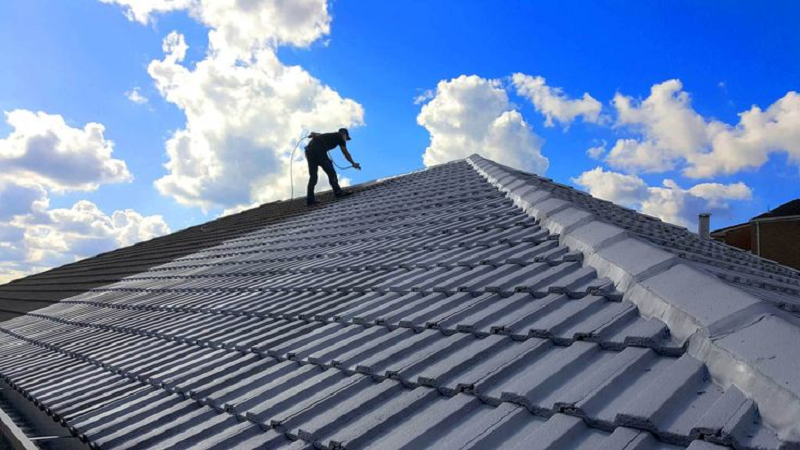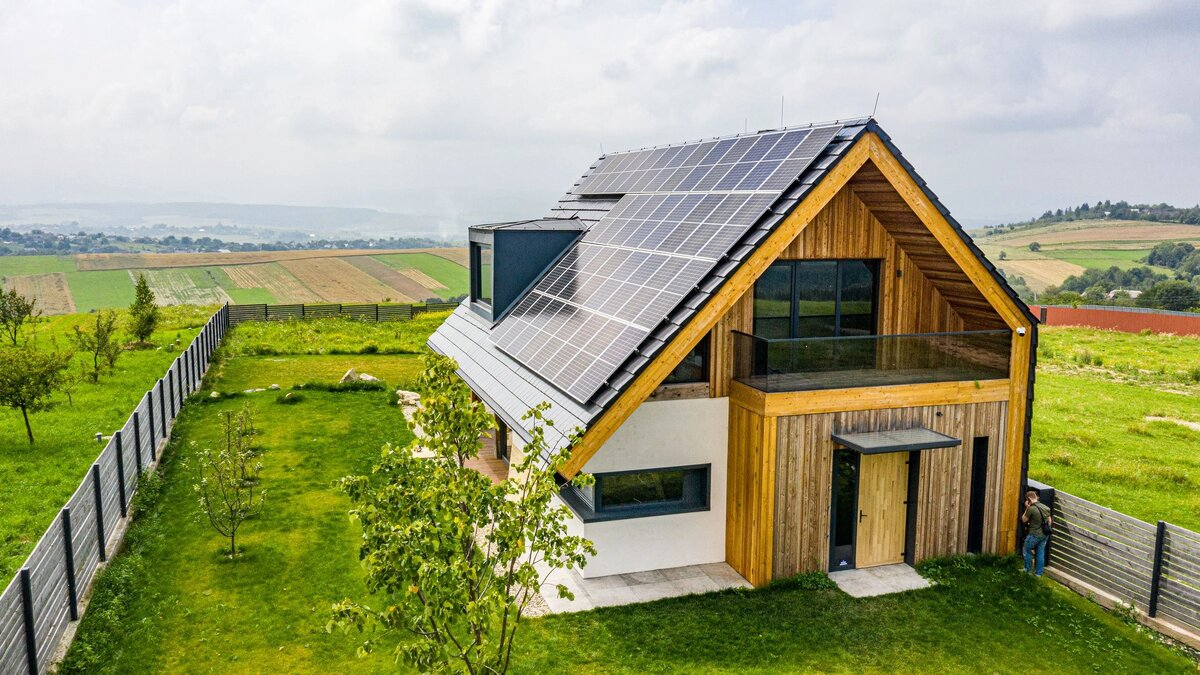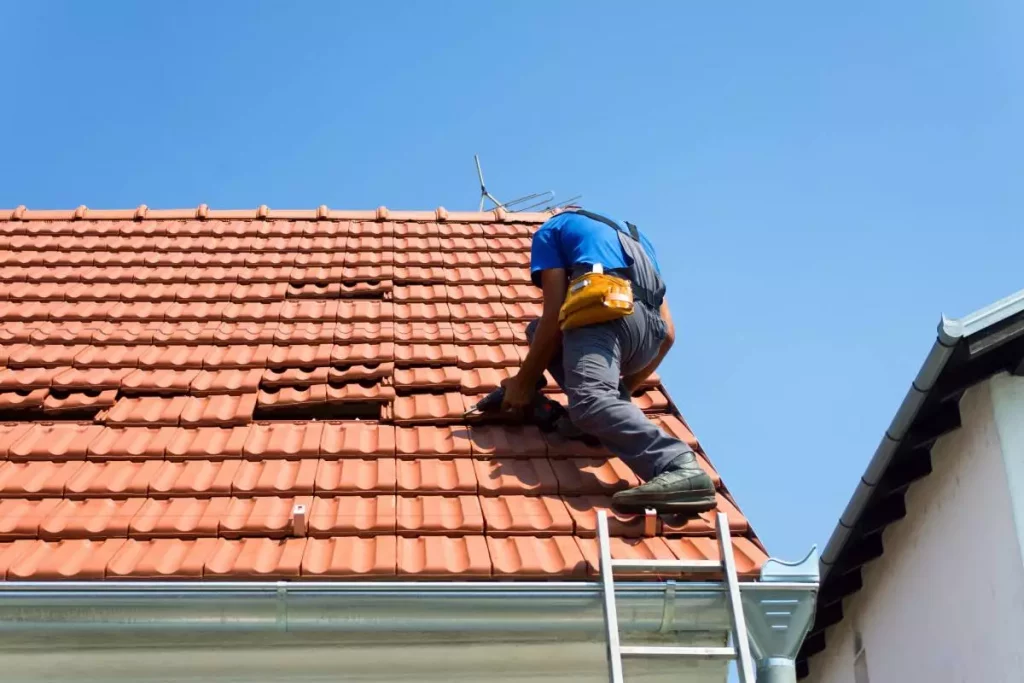CA. LIC#: 1075996
Comparing Roofing Material Warranties
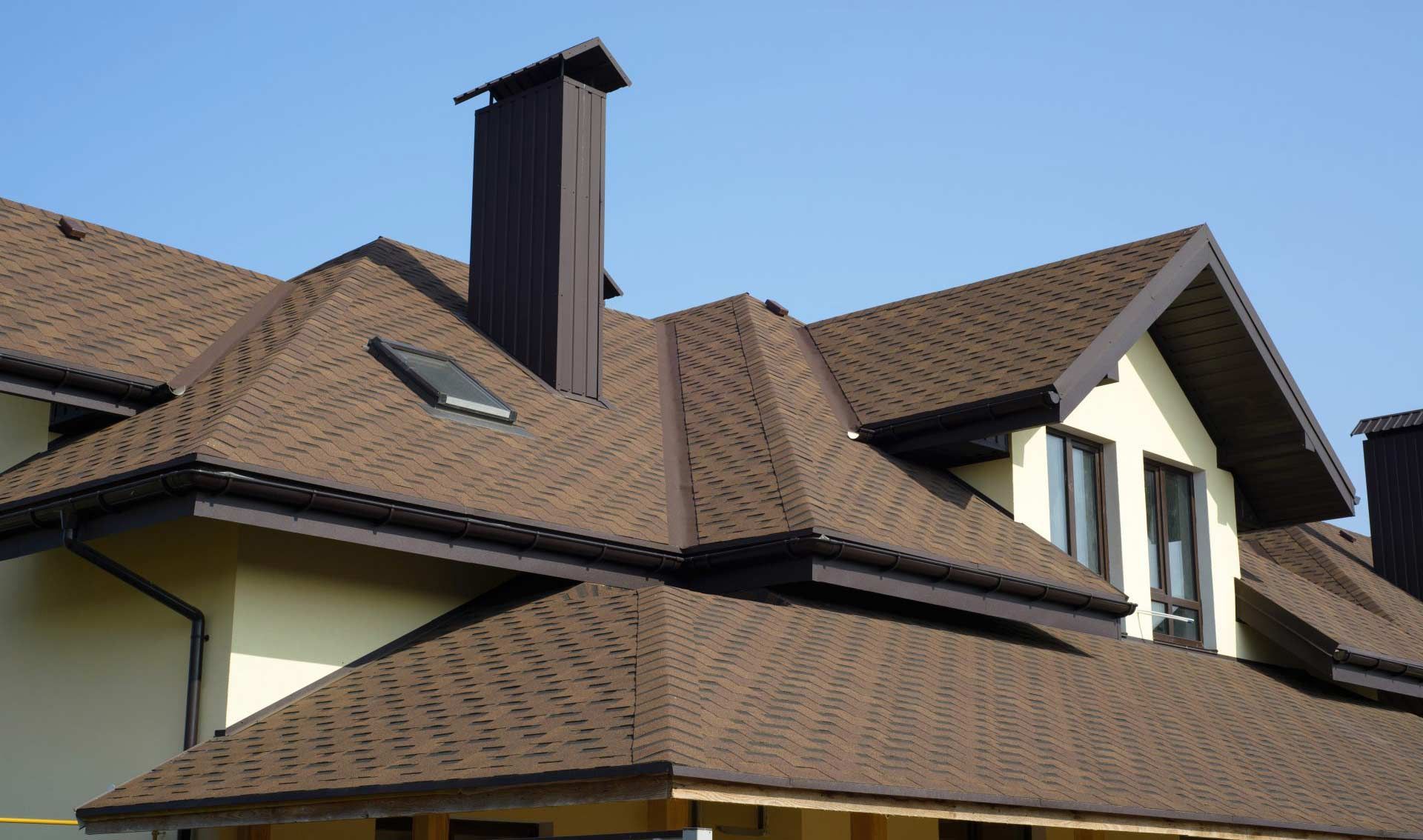
Roofing material warranties play a pivotal role in the longevity and durability of your home's roof. As homeowners, we often overlook the importance of warranties until faced with unexpected damages or wear. However, understanding and comparing roofing material warranties can save you from potential headaches and financial burdens down the line.
These warranties vary significantly between different roofing materials, with factors such as coverage length, terms, and exclusions differing from one manufacturer to another. By delving into the intricacies of these warranties, you gain insight into the level of protection each material offers against common issues like leaks, weather damage, and manufacturing defects.
Whether you're considering asphalt shingles, metal roofing, or clay tiles, a comprehensive understanding of warranties empowers you to make informed decisions that safeguard your investment and provide peace of mind for years to come.
Length of Coverage: Understanding Duration
The length of coverage provided by roofing material warranties can vary significantly among manufacturers and materials. While some warranties may offer coverage for as little as 10 years, others extend up to 50 years or even a lifetime.
Understanding the duration of coverage is crucial as it directly impacts the level of protection your roof receives over time. Longer warranties typically indicate greater confidence in the product's longevity and performance, but they may also come with stricter terms and conditions.
Homeowners should carefully assess their needs and consider factors such as climate, roof slope, and local regulations to determine the most suitable warranty duration for their roofing project.
Coverage Scope: What's Included?
When comparing roofing material warranties, it's essential to scrutinize the coverage scope to ascertain what aspects of your roof are protected. While some warranties may offer comprehensive coverage for a wide range of issues, others may have more limited protection, excluding certain types of damage or wear.
Common inclusions in roofing warranties encompass defects in materials or workmanship, leaks, and wind damage. However, coverage may vary regarding issues like cosmetic damage, ponding water, or improper installation. Understanding the specific inclusions helps homeowners gauge the level of protection provided and assess whether it aligns with their expectations and needs.
Exclusions: Know What's Not Covered
Equally important as understanding what's covered in roofing material warranties is knowing what isn't. Exclusions outline circumstances or damages that are not eligible for warranty claims, potentially leaving homeowners responsible for repair costs.
Common exclusions may include damage from natural disasters like earthquakes or hurricanes, neglect or improper maintenance, and acts of vandalism. Additionally, some warranties may void coverage if the roof was installed incorrectly or if unauthorized modifications were made.
Familiarizing yourself with these exclusions empowers homeowners to take preventive measures and avoid voiding their warranty unintentionally, ultimately saving them from unexpected expenses and disputes with manufacturers.
Transferability: Can the Warranty Be Transferred?
Whether a roofing material warranty is transferable can significantly impact its value, particularly if you plan to sell your home during the coverage period. Transferable warranties allow homeowners to transfer the remaining coverage to the new property owner, providing an added selling point and potentially increasing the home's resale value.
However, not all warranties offer this benefit, and those that do may impose certain conditions or transfer fees. Understanding the transferability of a warranty is crucial for homeowners anticipating a future sale, as it influences their long-term investment strategy and negotiation leverage during real estate transactions.
Prorated vs. Non-Prorated Warranties: Explained
Roofing material warranties may be categorized as either prorated or non-prorated, affecting how warranty claims are calculated and honored. A non-prorated warranty offers full coverage for the specified duration, meaning the manufacturer bears the entire cost of repair or replacement within the warranty period. In contrast, prorated warranties depreciate over time, with the coverage value diminishing as the roof ages.
As a result, homeowners may receive partial reimbursement based on the remaining warranty term or the roof's age at the time of the claim. While non-prorated warranties provide more straightforward coverage, prorated warranties may offer cost-saving benefits for long-term homeowners, particularly if they plan to replace their roof before the warranty expires.
Manufacturer Reputation: Impact on Warranty
The reputation and track record of the roofing material manufacturer significantly influence the reliability and trustworthiness of the associated warranty. Established manufacturers with a history of producing high-quality products and honoring warranty claims inspire confidence among homeowners, assuring them of reliable support and recourse in case of issues.
Conversely, lesser-known or inexperienced manufacturers may offer enticing warranties but lack the financial stability or commitment to honor them effectively. Researching manufacturer reputation through customer reviews, industry certifications, and company history provides valuable insights into their reliability and credibility, helping homeowners make informed decisions and avoid potential pitfalls associated with inferior warranties.
Installation Requirements: How They Affect Coverage
Proper installation requirements are crucial factors that significantly influence the coverage of roofing material warranties. Adhering to manufacturer-specified installation guidelines not only ensures the structural integrity and performance of your roof but also impacts the validity of your warranty coverage.
Failure to meet these requirements may result in denied claims, leaving homeowners vulnerable to unexpected expenses and disputes with manufacturers. By understanding how installation requirements affect coverage, homeowners can take proactive measures to protect their investment and preserve warranty eligibility.
- Manufacturer Specifications: Following the manufacturer's recommended installation methods and specifications is essential to maintain coverage eligibility.
- Certified Installers: Hiring certified roofing contractors ensures that your roof is installed by professionals who have undergone proper training and meet industry standards.
- Approved Materials and Accessories: Using approved materials and accessories specified by the manufacturer helps prevent compatibility issues and ensures the effectiveness of your warranty coverage.
- Compliance with Building Codes: Adhering to local building codes and regulations during installation not only ensures safety and legality but also demonstrates compliance to warranty requirements.
- Documentation and Records: Keeping detailed documentation of the installation process, including receipts, invoices, and inspection reports, helps verify compliance with warranty obligations and facilitates future claims if necessary.
Understanding and meeting installation requirements are vital steps in protecting your roof and maintaining warranty coverage. By working with reputable contractors, using approved materials, and documenting the installation process, homeowners can safeguard their investment and enjoy peace of mind knowing that their roof is backed by reliable warranty protection.
Weather Resistance Guarantees: Evaluating Claims
Weather resistance guarantees are a key component of roofing material warranties, promising protection against elemental damage such as wind, hail, and rain. However, evaluating the validity of these claims requires careful consideration of various factors, including the severity of weather conditions in your area, the roofing material's innate durability, and any additional reinforcement or accessories included in the system.
Manufacturers may conduct testing and provide data to support their weather resistance claims, but real-world performance can vary depending on installation quality and maintenance. Homeowners should research local weather patterns, consult with roofing professionals, and review warranty terms to assess the reliability of weather resistance guarantees and make informed decisions about their roofing materials.
Maintenance Obligations: Keeping the Warranty Valid
Ensuring the validity of your roofing material warranty requires diligent maintenance efforts to preserve the integrity of your roof and fulfill warranty obligations. Regular upkeep not only extends the lifespan of your roof but also safeguards your investment and warranty coverage. Here are five essential maintenance obligations to keep your warranty valid:
- Regular Inspections: Conduct thorough roof inspections at least twice a year to identify any signs of damage, leaks, or wear and tear.
- Debris Removal: Clear debris such as leaves, branches, and dirt from your roof to prevent water pooling and potential damage.
- Gutter Cleaning: Keep gutters and downspouts clear of debris to prevent water backup and ensure proper drainage.
- Addressing Minor Repairs Promptly: Address any minor issues promptly to prevent them from escalating into more significant problems.
- Documentation: Keep detailed records of all maintenance activities, including inspections, repairs, and cleaning, to provide proof of compliance with warranty requirements.
By adhering to these maintenance obligations and staying proactive in caring for your roof, you can maintain the validity of your warranty and enjoy peace of mind knowing your home is protected. Remember, a well-maintained roof not only enhances the curb appeal of your home but also ensures its structural integrity for years to come.
Fine Print: Important Terms and Conditions
When comparing roofing material warranties, it's essential to scrutinize the fine print and thoroughly understand the terms and conditions governing coverage. This includes clauses related to warranty limitations, exclusions, claim procedures, and dispute resolution mechanisms.
Pay close attention to any ambiguous language or provisions that may impact your rights as a homeowner, such as arbitration agreements or mandatory mediation. Consulting with legal or roofing professionals can help clarify complex terms and ensure you fully comprehend your rights and obligations under the warranty.
By taking the time to review the fine print upfront, homeowners can avoid misunderstandings and proactively address any concerns before committing to a roofing material and warranty package.
Understanding roofing material warranties is vital for protecting your investment in your home. Whether you're considering the length of coverage, the scope of protection, or the transferability of the warranty, being well-informed empowers you to make the best decisions for your roof and your family.
Remember to pay attention to exclusions, maintenance obligations, and the fine print to avoid any surprises down the road. At Avalon Roofing Services, we've been serving Manteca for over 30 years, offering professional roofing contractor services backed by our A+ accreditation from the Better Business Bureau.
Your roof is more than just a roof—it's your investment and your family's protection. Contact us today at (209) 380-1275 or after hours at (209) 483-7593, and let us help you safeguard your home for years to come.
We are a licensed roofing contractor in Manteca, CA specializing in residential and commercial roofing services. We service Manteca CA, Lathrop CA, French Camp CA, Modesto CA, Mountain House CA, Tracy CA, and other surrounding cities.
Quick Links
© 2023 Content, including images, displayed on this website is protected by copyright laws. Downloading, republication, retransmission or reproduction of content on this website is strictly prohibited.
